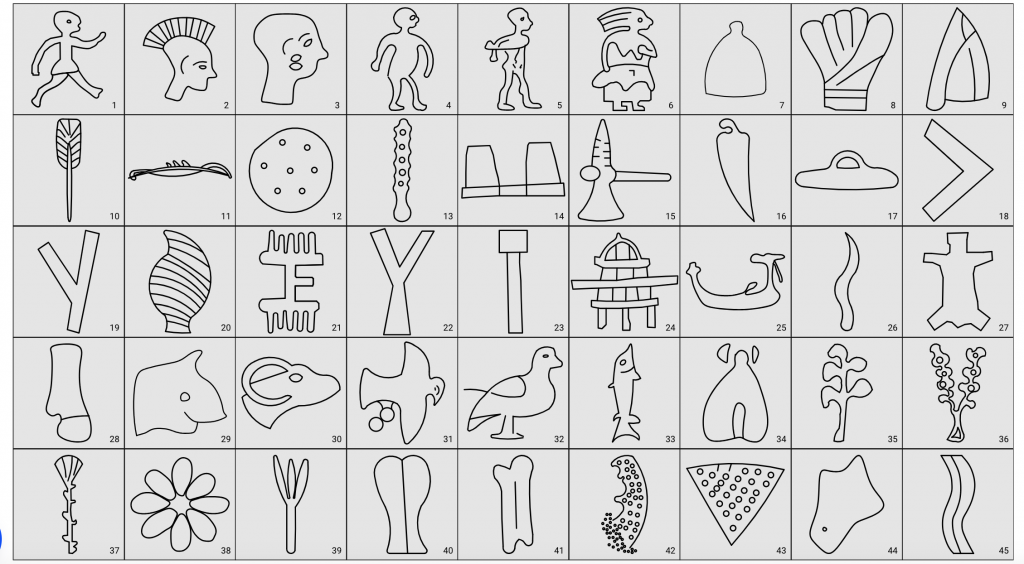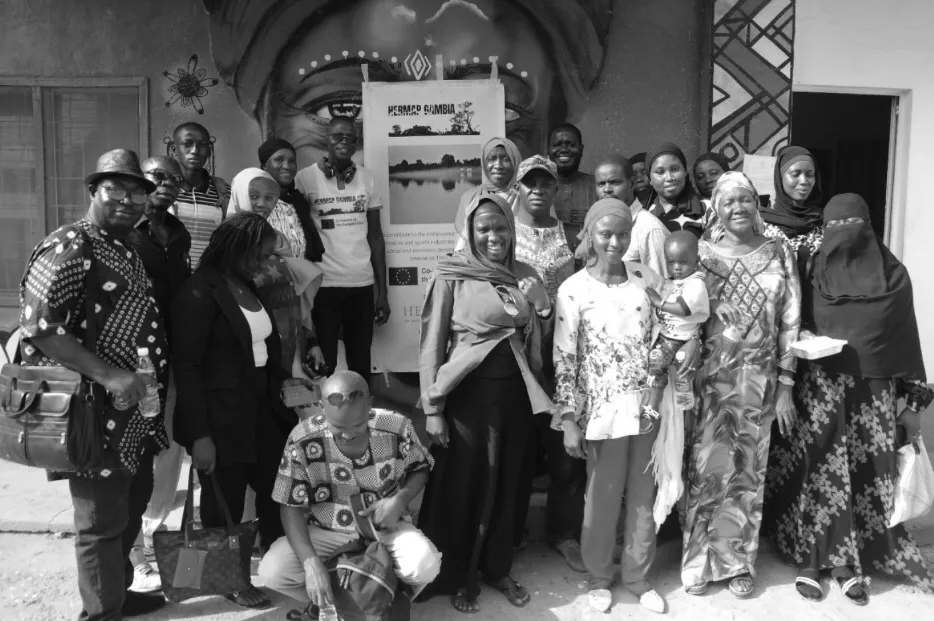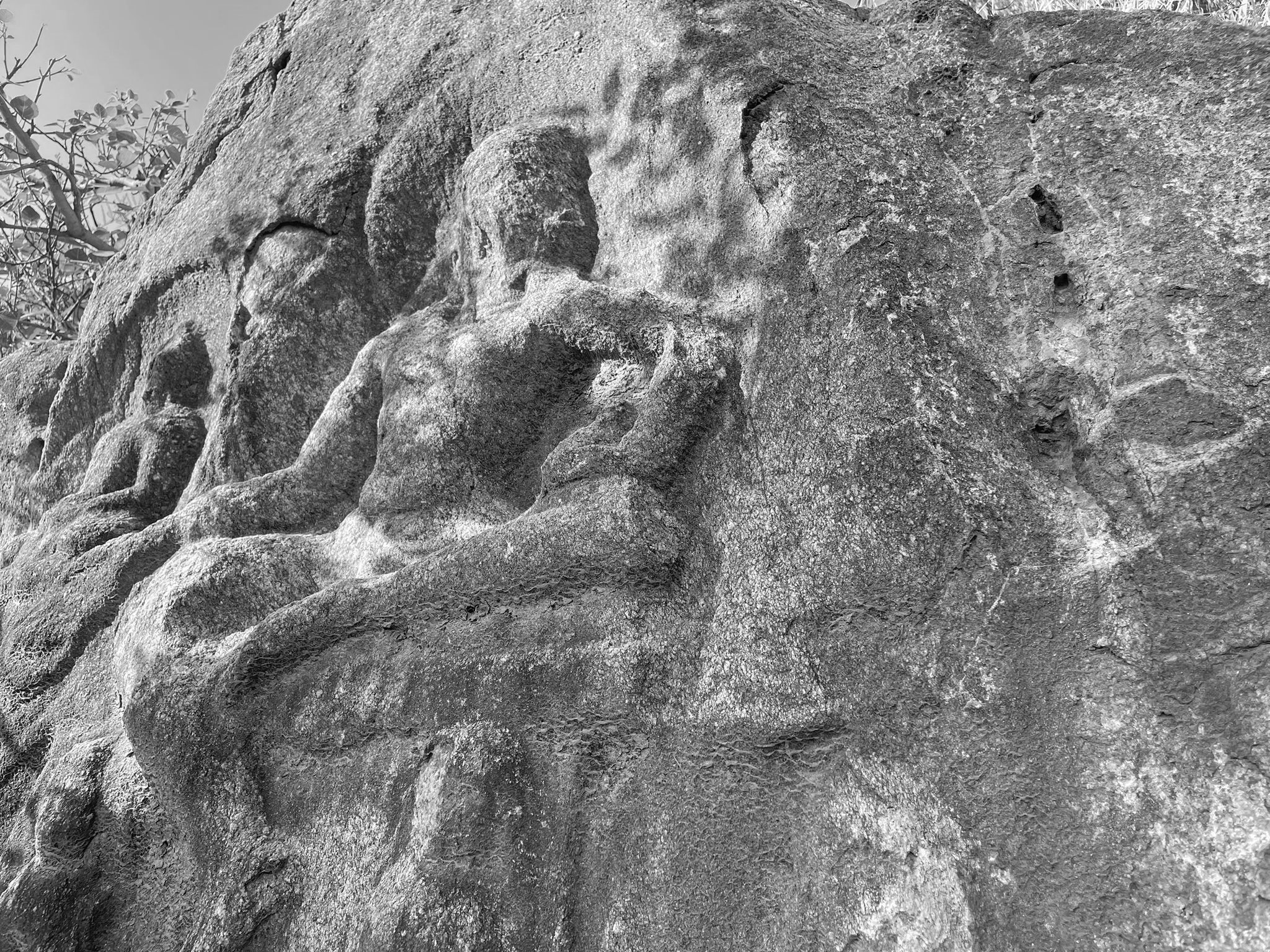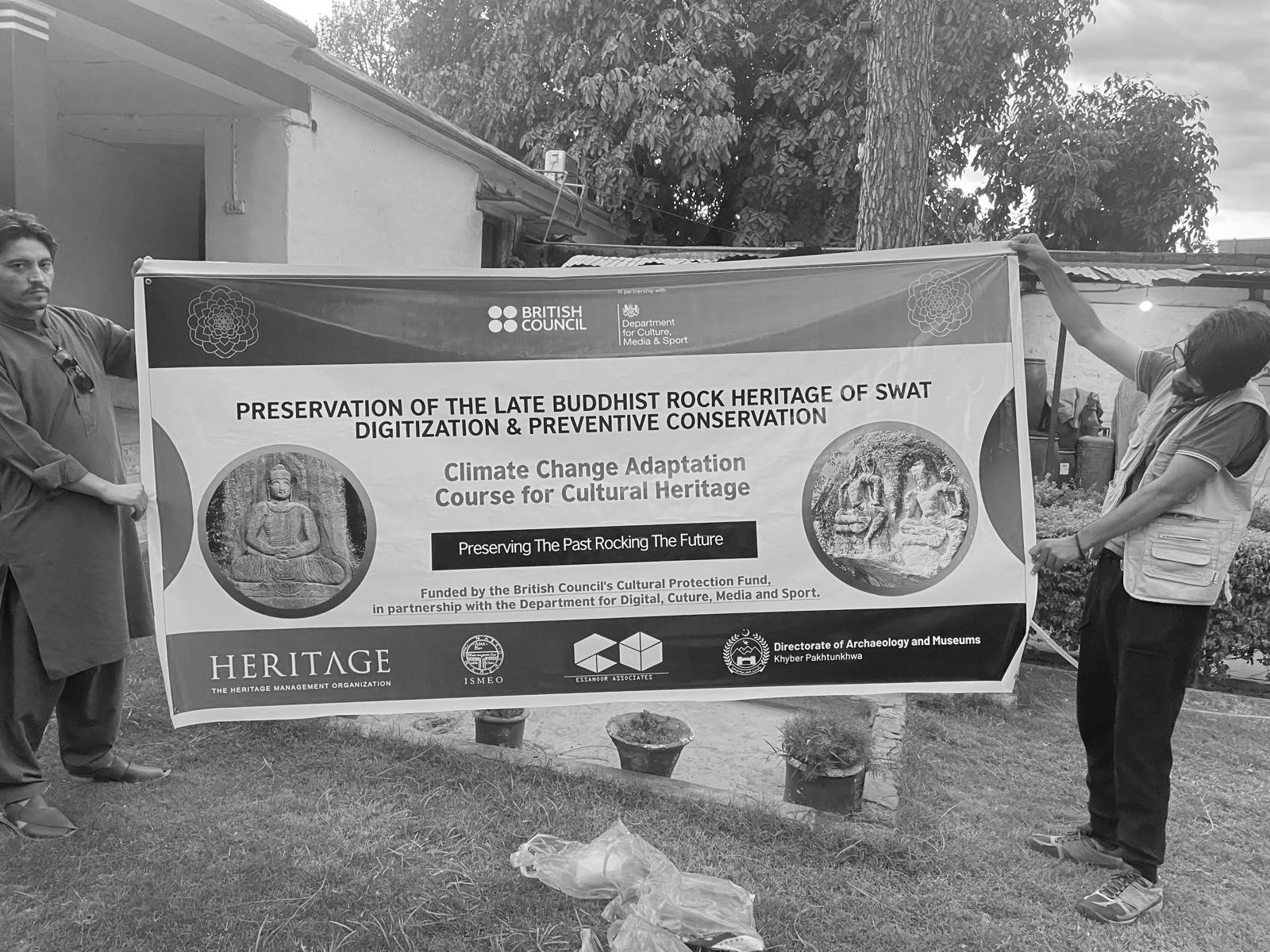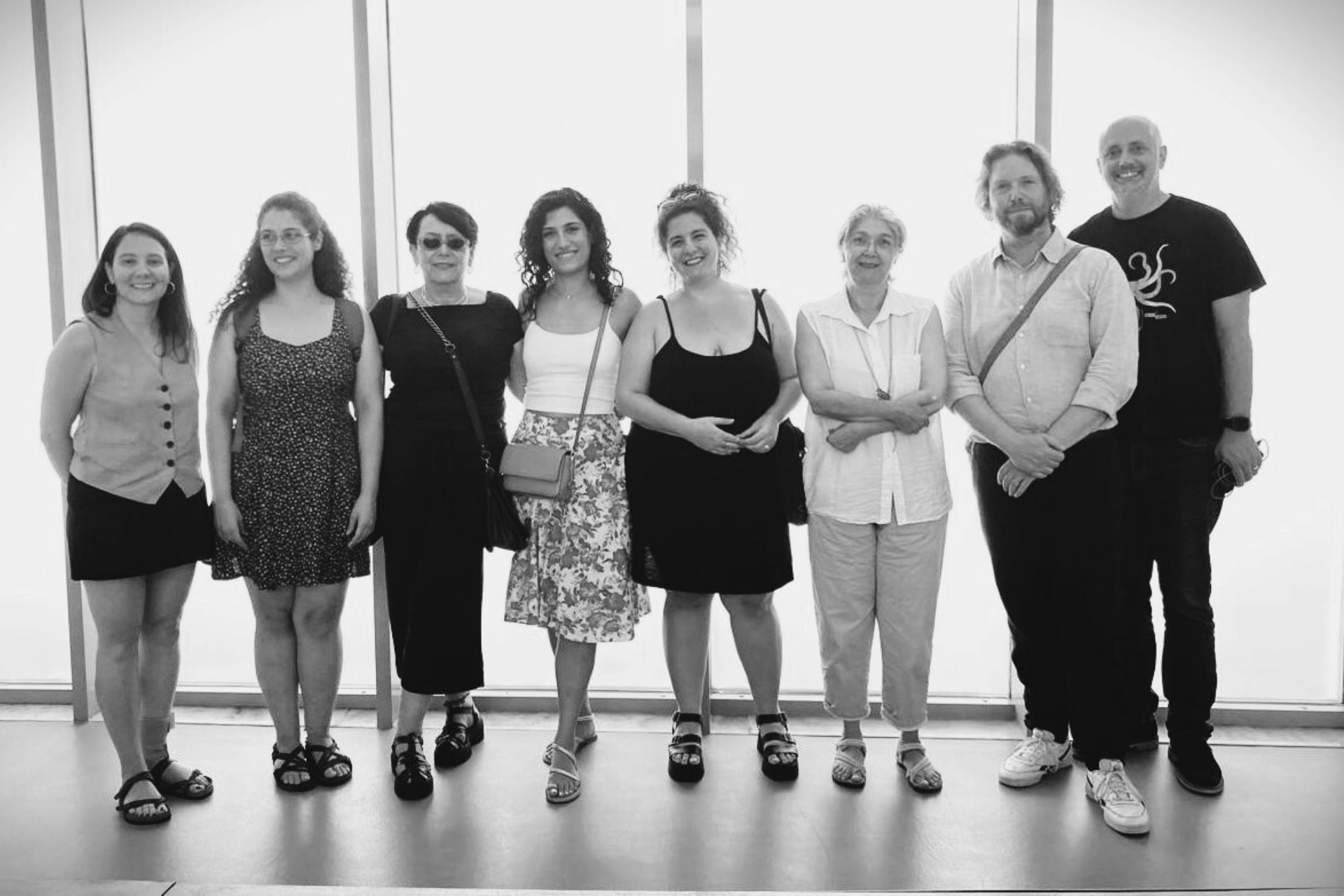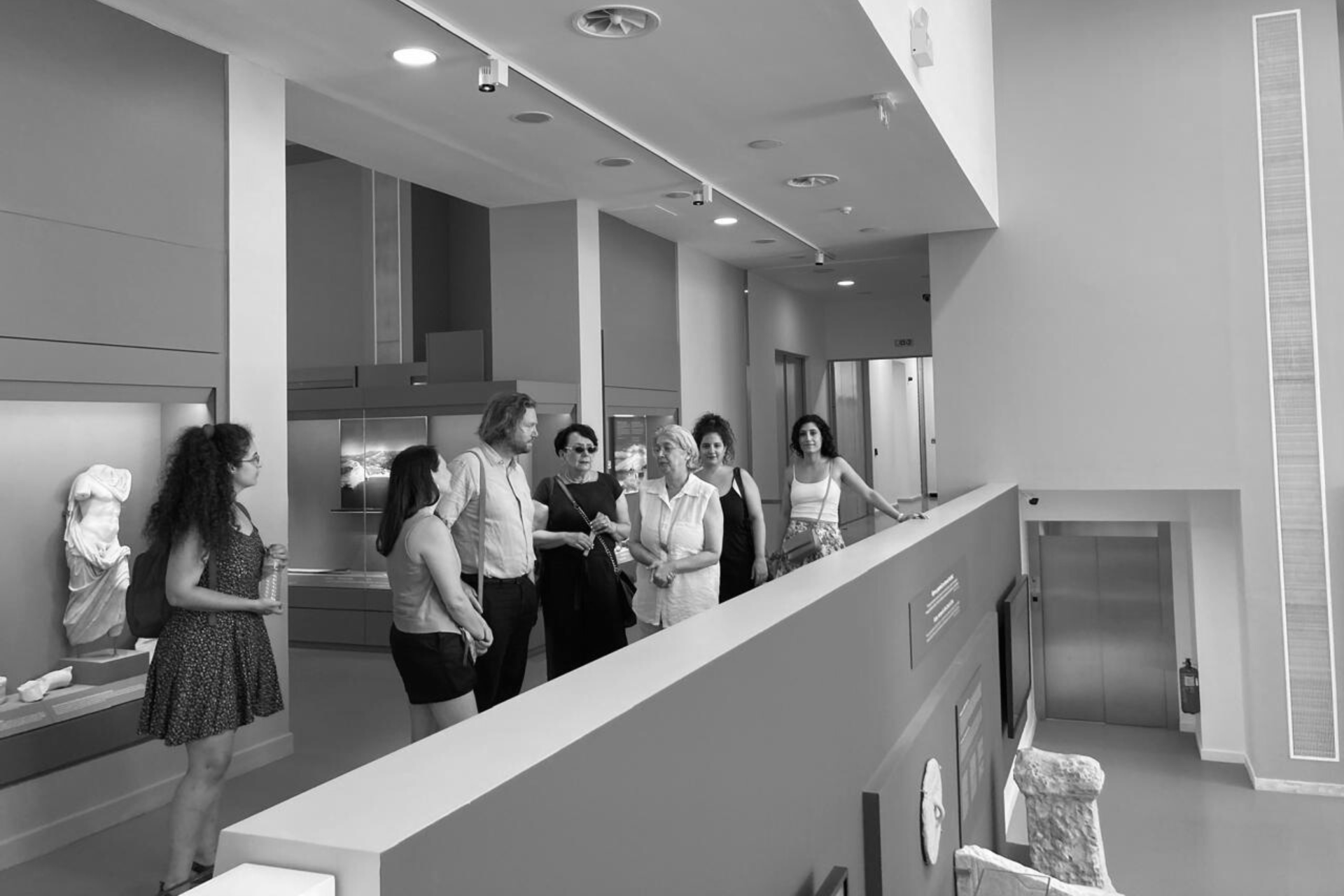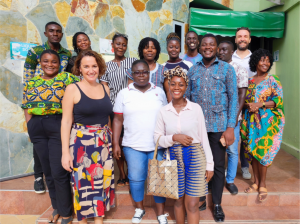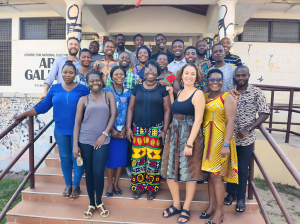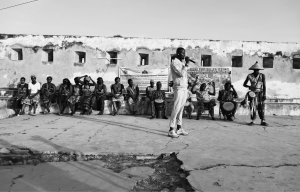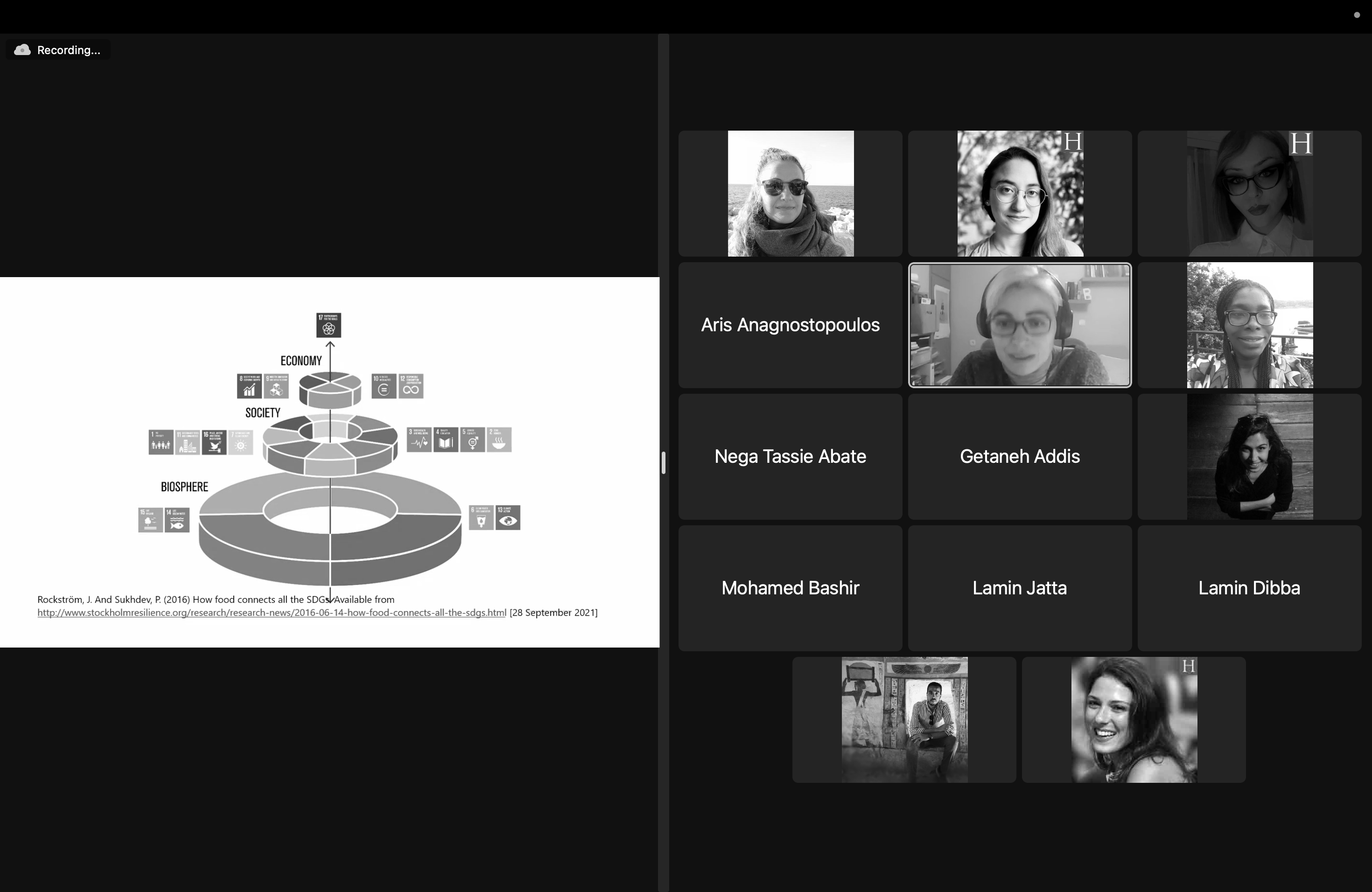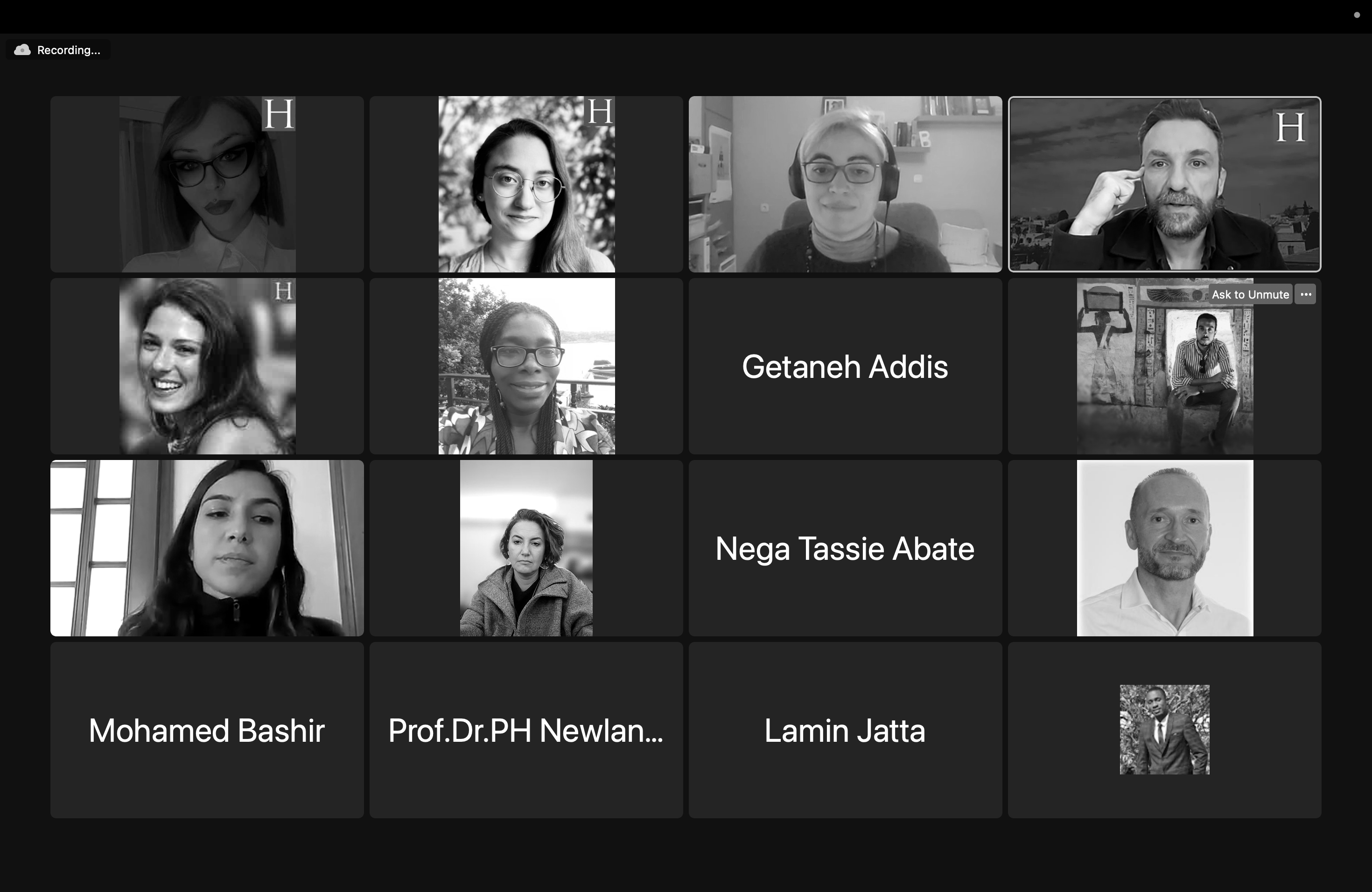HERITΛGE is happy to invite artists in Greece, Italy, and Spain to submit their proposals for the creation of a piece within the framework of project AHEAD (Accessible Heritage Experience for Audience Development) a project co-funded by the European Union’s Creative Europe program.
The aim of the announcement is to select an artist in each country who will participate in co-creation / co-design workshops for the development of a project in collaboration with the audience selected for the local archaeological sites, under the co-ordination of the local AHEAD partner (HERITΛGE, MeltingPro and the University of Deusto respectively).
AHEAD focuses on promoting innovative ways of interacting with cultural heritage, encouraging participation and removing barriers to access. It aims to create new experiences that allow the public to connect with cultural heritage in a participatory and inclusive way. Through this call, the selected artists will work with the local Museums and communities to develop new ways of experiencing each archaeological site.
Participatory Creation
The call aims to select an artist in each country to take part in locally delivered workshops structured using the ACED (Audience Centered Experience Design). The artists will work with target communities to jointly design new experiences that will bring the local archaeological heritage to life.
The collaborations aim to transform the way the public interacts with the archaeological sites, turning them into creative meeting places of the past and present. The artists will experiment with new forms of expression that will meet the needs of different audiences.
Who Can Participate
The call is addressed to professional artists engaged in participatory and relational practices, and experienced in projects that engage communities in co-creation. The ideal candidates should be able to combine their artistic language with the values of archaeological heritage and develop forms of expression based on collective experience.
Submission of Applications
Interested artists can find more details in the official announcement and submit their applications by visitng the following links for Greece, Italy and Spain respectively.

